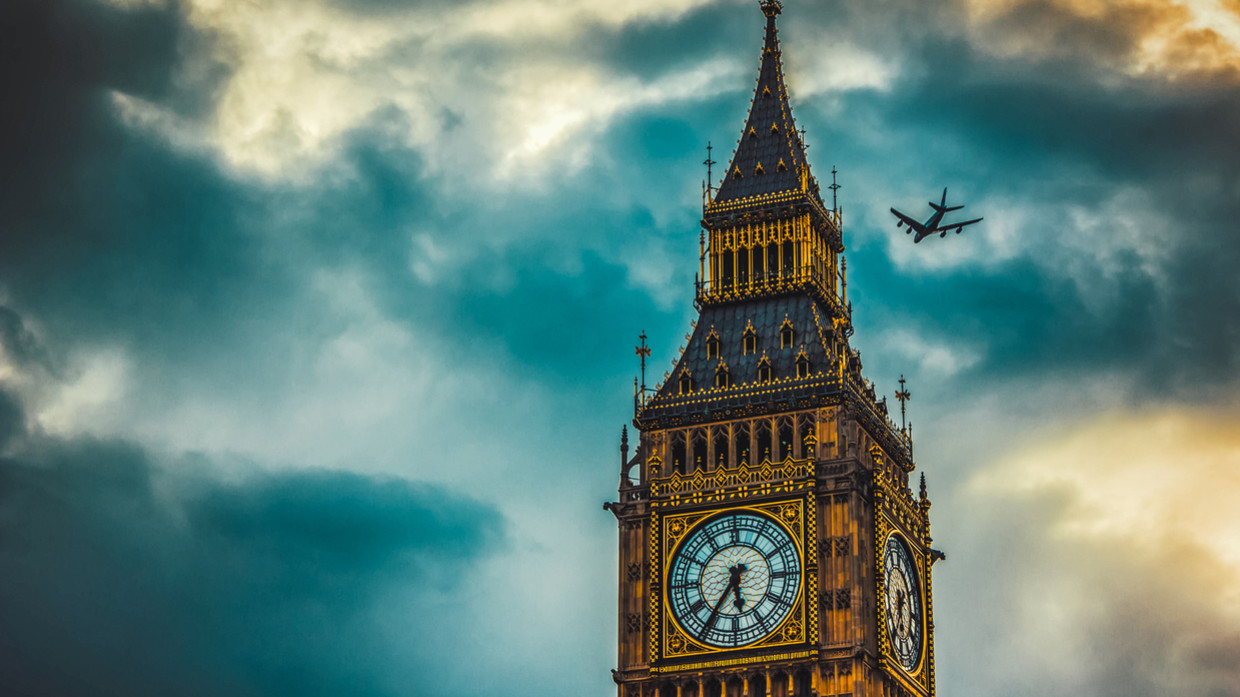
The scheme to aid businesses and families is proving costly for the government, latest data shows
British government borrowing hit £13.5 billion ($16 billion) in October due to expensive energy support measures for households and spiraling inflation, the Office of National Statistics (ONS) said in a statement on Tuesday.
The figure is up from £9.2 billion ($10.9 billion) recorded in the same period of last year, and was the fourth highest figure for October on record. This comes after UK authorities launched a support program to cap energy bills, first introduced by former prime minister Liz Truss to cushion a cost-of-living crisis.

According to the ONS, total public sector spending reached £91.2 billion ($108.7 billion) in October, which included about £3 billion ($3.5 billion) on energy support schemes, with £1.9 billion ($2.2 billion) allocated for home energy discount payments, worth £400 ($476) per household.
While stressing that increased borrowing was the “right” thing to do to support “millions of business and families,” UK finance minister Jeremy Hunt also admitted that “there is no easy path to balancing the nation’s books.”
The UK has also felt the impact of rising interest payments on the state debt, following a series of rate hikes by the Bank of England and rising inflation. Last month, interest payable on government debt surged to £6.1 billion ($7.2 billion), including £3.3 billion ($3.9 billion) from debt interest payments related to Retail Price Index (RPI) inflation.
The latest report comes after the Office for Budget Responsibility (OBR) released its adjusted forecast for borrowing. The OBR estimates that the public sector will borrow £177 billion ($211 billion) by the end of the financial year, which would be the second highest figure since 1994.
It also said that with higher interest rates, the cost of servicing the state debt will double to more than £120 billion ($143 billion) next year and make public finances “more vulnerable to future shocks.”









